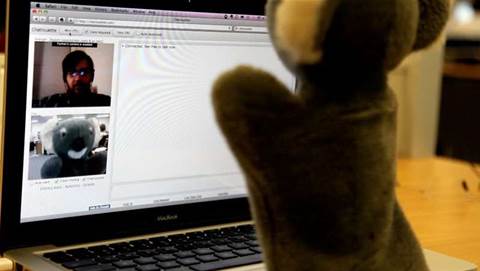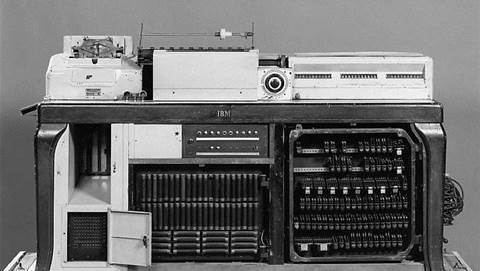Australians were losing their cultural heritage, Duncan said, and defining images such as Max Dupain's The Sunbaker will become rarer. And he said the photography vantage points around Uluru in the NT were fundamentally flawed for their stated intentions.

A Waverley spokesman said the beachside council didn't restrict photographers and referred to its sliding scale of fees.
"Waverley Council receives thousands of applications each year, particularly for Bondi Beach," she said.
"Waverley, like many other councils, has a permit system to help manage the high demand, make it equitable and help minimise the impact on residents, visitors and the local environment. The permit also ensures these organisations have public liability insurance."
It ensured professionals had public liability insurance but that those taking images for "personal interest do not need a permit".
She said rangers only intervene if photographers were "seen to be undertaking commercial or inappropriate operations and do not have a valid permit".
She said the council would take claims that officers had assaulted photographers "very seriously".
"However, no formal or anecdotal claim/complaint has been received by council."
 |
| Future generations may have to rely on Google Earth for their iconic images if national parks services have their way, photographers' groups fear. source: http://frank.itlab.us |
A NSW Department of Environment, Climate Change and Water that covers the state's national parks referred to its film and photography policy and said the department "generates zero revenue from filming activities".
"Park visitors and amateur photographers can take as many photos, film or videos for their personal interest as they like, to share with friends and family and as mementoes of their visit, includes uploading photos to Facebook and Flickr," the spokesman said.
"Small-scale commercial stills photography and filming for weddings are able to apply for an annual approval to undertake these activities by way of an online registration form on the NPWS website.
"There is no NPWS charge associated with this approval, except for the park entry fees where they apply. "
Swainston estimated there were 15,000 photographic jobs at stake: "If we can't take photos there will be an awful lot of people looking for different employment because they can't sell cameras".
"The irony is 90 percent of the population now carries a camera in their phone and there's never been more photos taken but if you want to take a good picture we're now being told we can't."
He said the paradox was that even as professional gear became cheaper, easier to use and fell into the hands of enthusiasts, more restrictions were placed on their behaviour by heavy-handed authorities.
He said that a publication such as the seminal '80s coffee table book A Day in the Life of Australia "would be hard to attempt today" and some of its most-loved images impossible.
"The Uluru photograph would not be permitted today."


_(33).jpg&h=140&w=231&c=1&s=0)
_(28).jpg&h=140&w=231&c=1&s=0)

.png&h=140&w=231&c=1&s=0)





 iTnews Benchmark Awards 2026
iTnews Benchmark Awards 2026
 iTnews Executive Retreat - Security Leaders Edition
iTnews Executive Retreat - Security Leaders Edition
 iTnews Cloud Covered Breakfast Summit
iTnews Cloud Covered Breakfast Summit
 The 2026 iAwards
The 2026 iAwards











_(1).jpg&h=140&w=231&c=1&s=0)



